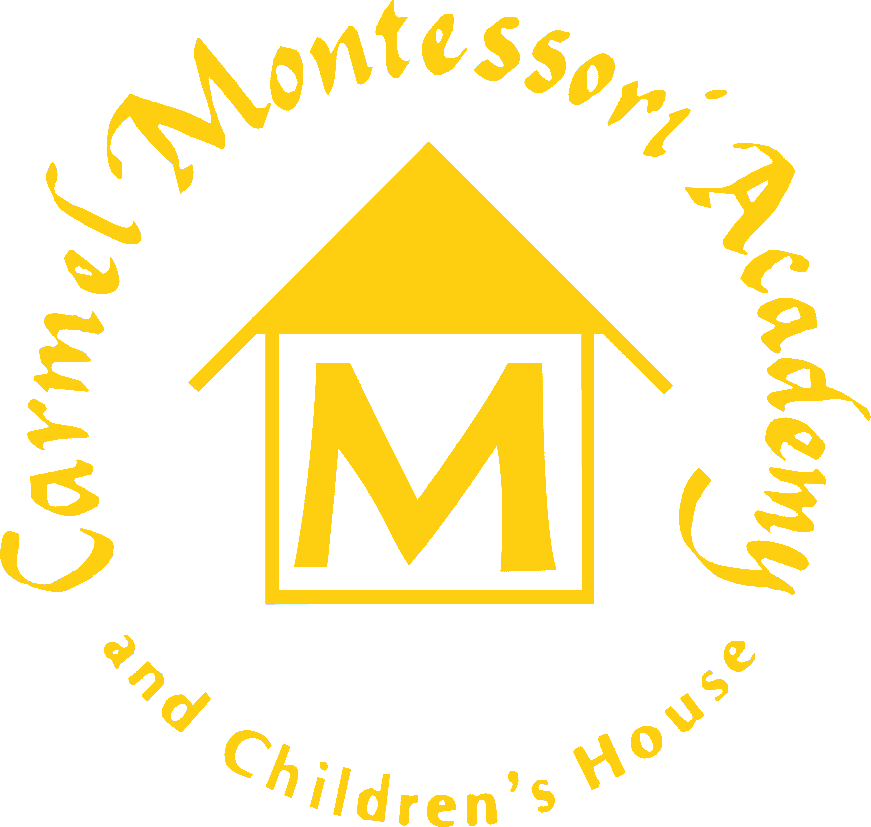
Spiritual
&
Moral Development
“Moral Education is the source of that spiritual equilibrium on which everything else depends and which may be compared to the physical equilibrium or sense of balance without which it is impossible to stand upright or to move into any other position.”
The development of a child’s interior being is an essential aspect of the Montessori Method. The child is a spiritual being; spiritual development, however, does not necessarily mean religious development, although it can and does to individual children and their families. Children learn about the five major religions of the world--Christianity, Judaism, Islam, Buddhism and Hinduism--exploring their holy writings, learning about their holidays, and discussing their basic tenets and practices.
Spiritual development in the Montessori environment begins in the Toddler and Preprimary classes with natural and logical consequences, the development of self-discipline using the principles of respectful engagement, liberty within limits, and adult models of striving for interior strength of character.
As the child matures through the Primary and Elementary classes, World Religion Studies in the Social Science Curriculum, Current Events Line, Socratic moral discussion groups, ecumenical experiences, and philosophic/psychological exploration provide the child with the experiences to mold his or her own personality, soul, and being.
Spiritual development for the Erdkinder (12-18 year old) student is facilitated by the Director/Directress and the family, but also broadened through independence, confidence and competence in his or her own spiritual awareness, personal decisions, and the social responsibilities inherent to world citizenship. Morals and Ethics classes (including evening sessions which parents attend once a month for the three-year cycle) and development of a Personal Philosophy are integral at the Erdkinder level.
The environments are so designed to direct the child toward positive modes of behavior. The child is free to move personally, socially, and academically within the environment. "The child has the right (freedom) to do what is right." The child who infringes upon these rights may be redirected, separated from the situation, or, more ideally, the environment itself will offer logical consequences. The child who spills water mops it up.
Spiritual development ties all disciplines into a meaningful whole. It centers the child, giving him or her a place to locate individual concepts and skills in a cosmic view. Spirituality cannot be “prescribed;” it can only be lived. The children, parents and faculty of Carmel Montessori Academy continue to strive toward living individual and communal spiritual excellence.



